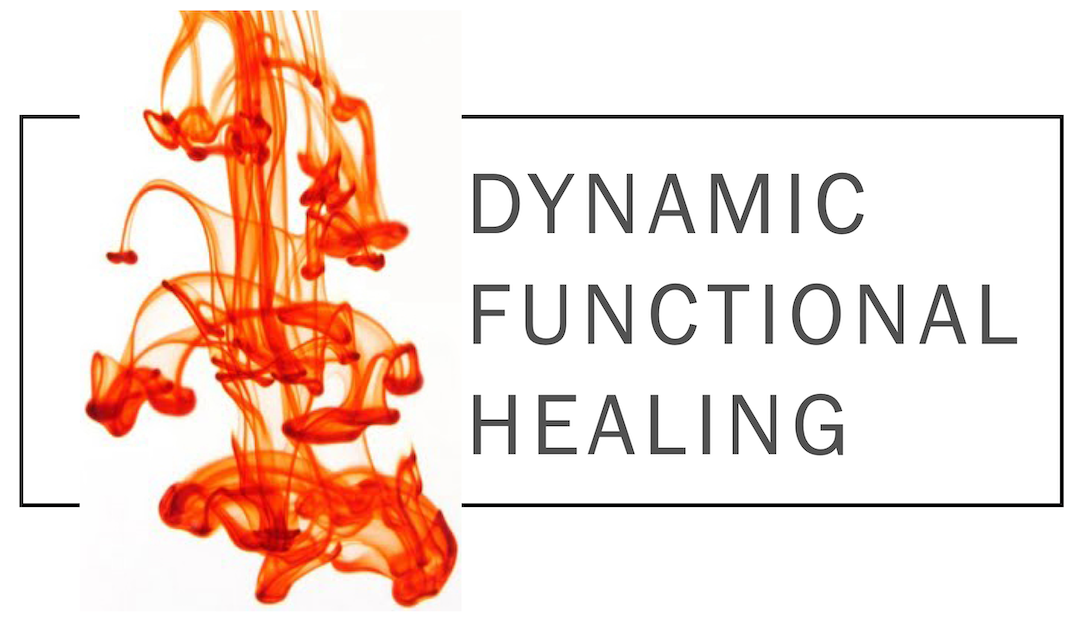Sauerkraut and kim-chee are well-known fermented cabbage dishes rich in enzymes that will enhance digestion and bioavailability of nutrients. But did you know that you can ferment most vegetables? If you're not crazy about sauerkraut or you can't handle the spices or heat of kim-chee, there are still many options. Here's an article by the Organic Consumers Association on fermenting at home, to taste. Don't forget, you can add herbs to the mix. Happy experimenting!
Snacks: sunflower seeds (again)
An herbalist turned me on to this one—sunflower seeds for adrenal exhaustion. Raw or roasted, it doesn't matter. He says he's not sure how they work their magic (probably all that iron and protein), but there you go.
Snacks: pumpkin pie!
Pumpkin pie is a great snack especially for this time of year. Both squash and crust are good for Spleen and Stomach, supporting the Earth energies of the digestive system. They are nourishing in preparation for the winter. Pumpkin is often used with dogs to treat diarrhea and solidify the stool. If you can find or make pie that has less sugar in it, all the better. Eating in season is always a good choice.
Snacks: bean dips
I recently received some emails from various sources expounding the benefits of beans, that wonder food of which you can't possibly eat enough.
First, a new study published in JAMA, "Effect of Legumes as Part of a Low Glycemic Index Diet on Glycemic Control and Cardiovascular Risk Factors in Type 2 Diabetes Mellitus: A Randomized Controlled Trial" [1] concluded that "Incorporation of legumes as part of a low-GI [glycemic index] diet improved both glycemic control and reduced calculated CHD [coronary heart disease] risk score in type 2 DM [diabetes milletus]." They compared the legume dense diet with a high wheat fiber diet which fared more poorly. This is not news, but one more feather in the legume's little cap, confirming its status.
Legumes include beans, lentils, chick peas, peas, peanuts, carob, and soy. They are some of the foods lowest on the Glucose Index. While I never could find this study again, so I can't give the reference, I remember reading a study wherein legumes reduced the overall GI of other foods eaten with them, even foods considered high on the GI.
Legumes are a great source of soluble fiber and eating beans is the only reliable way of keeping your bile clean. [2] [3]
And what of protein combining? Need we worry about consuming the proper amino acids in the same meal? Nope. Research has shown that the amino acids of foods eaten within 24 hours will find each other. [4]
I can't think of a healthier snack than beans, in a dip, with olive oil and bread, with salsa and chips, any ol' way you can.
Snacks: popcorn
A couple years ago "flavored popcorn" was very popular. It can be a great way to add nutrition to your snacking at home:
*add nutritional yeast for a boost of B12. Watch your urine the next day for the results (deep yellow)
*add black or red peppercorn, cardamon, curry or turmeric for systemic anti-inflammatory properties
Snacks: sunflower seeds
I was delighted to find, while snacking on some sunflower seeds, just how nutritious they are. I have roasted, salted seeds for snacking and raw, unsalted seeds for adding to stir-fries. They are pretty comparable:
one serving is 1/4 cup
Raw, unsalted: Calories 190, 16g fat (1.5g saturated fat; 0g trans fats), 8g protein
Roasted, salted: Calories 200, 18g fat (2g saturated fat; 0g trans fats), 7g protein
Both options offer 10% daily value of iron and 61% daily value of vitamin E (anti-oxidant great for hair & skin).
It's difficult to find foods that are high in iron and I think the amount of protein is laudable, especially as compared to the fat content. The high fat content is from the "good fats" and will fill you up so that you don't go after those chips.
